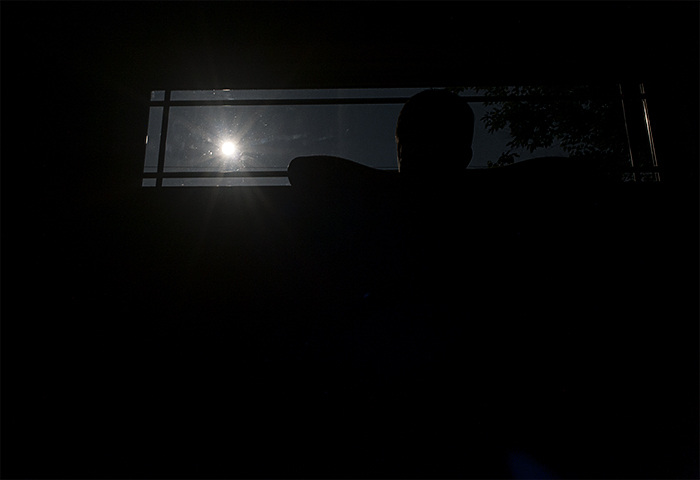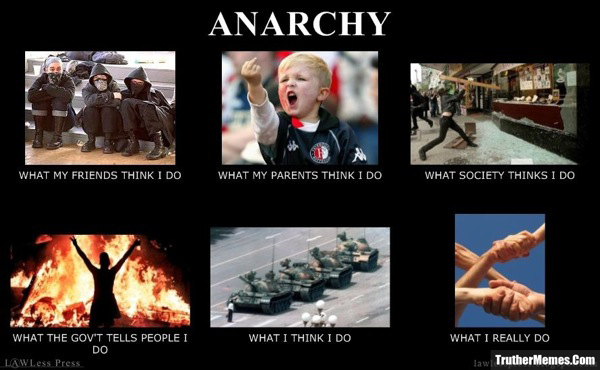There is no prison
more secure
with walls so high
and bars so strong
as one's own mind
A solipsistic masochistic
cell in the dark
alone with only dreams
thoughts and pain
Occasional flashes of light
from orbiting spheres
in the night
hinting I am not alone
and always a voice
from across the
infinite void
“I am here, come to me”
To experience life secondhand
telling myself a tale
of what I think I saw
and feeling what I think I felt
changing every moment
yet every day the same
Each moment a memory of the last
grasping at grains of the past
building a self on dunes
shifting and wandering
lost in time, on the wind
I wish to leave
lest I be doomed
A nameless faceless self
I must keep reaching
through the bars
in hope that those
distant stars hold others like me
and fear they may wink out
if I let them go
Of course
does it matter
do I matter
nihilism is so much easier
Image credit goes to:
http://kelseyvance.com/blog/tag/photography/page/2




 RSS Feed
RSS Feed
